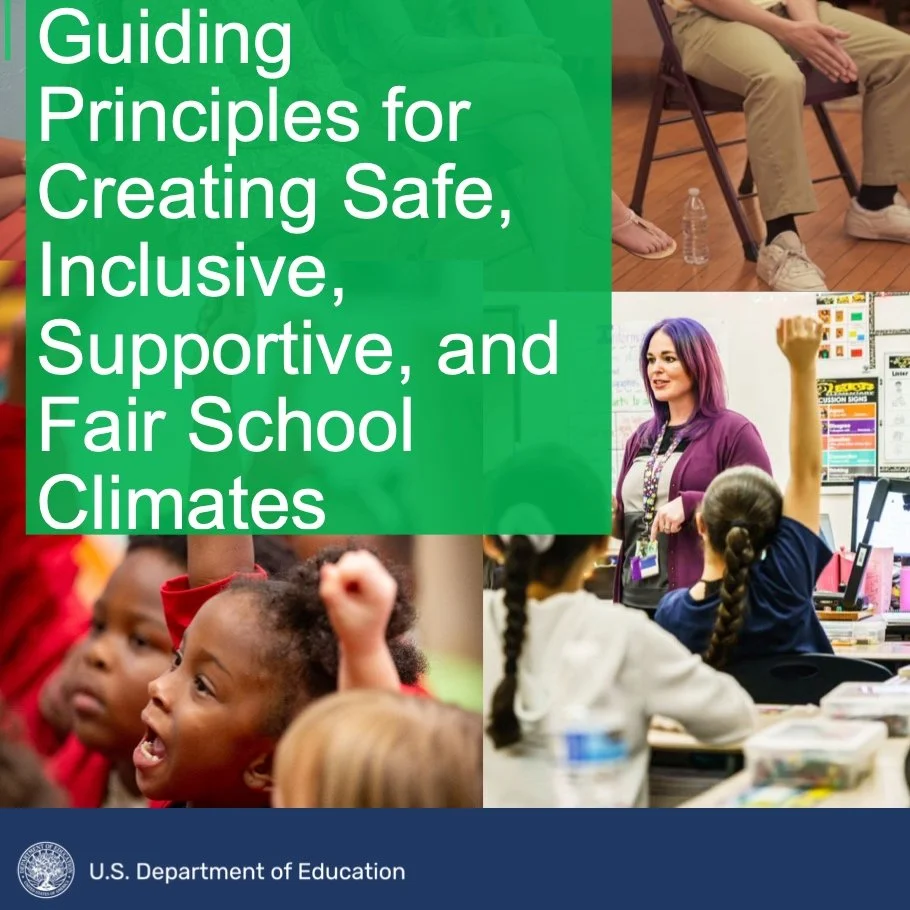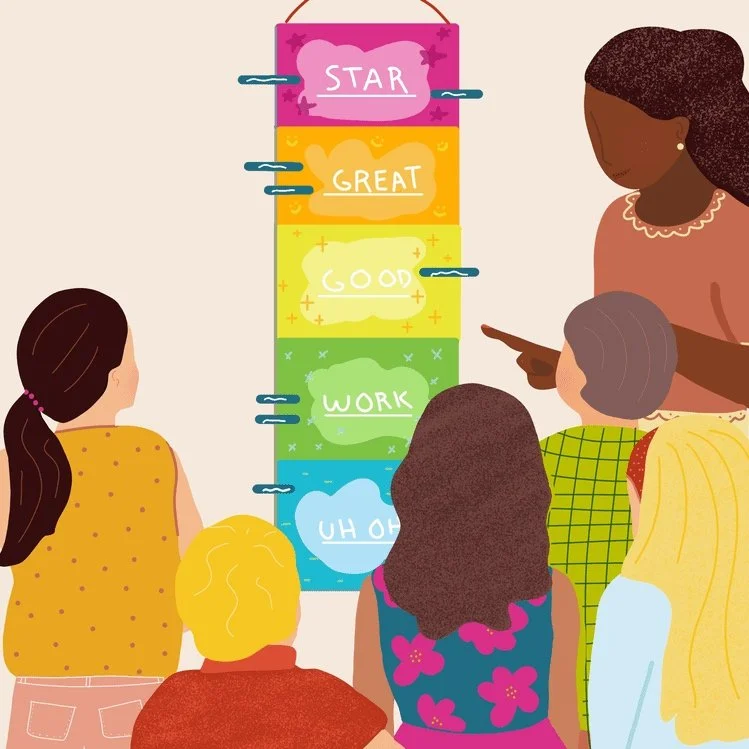U.S. Secretary of Education Miguel Cardona wrote to Governors, Chief State School Officers, and School District and School Leaders and urged them to end corporal punishment in schools—the practice of paddling, spanking, or otherwise imposing physical punishment on students. This letter reinforces the Department of Education's (Department's) position that corporal punishment in schools should be replaced with evidence-based practices, such as implementing multi-tiered systems of support like Positive Behavioral Interventions and Supports, that create a safe and healthy school environments. Every student and educator should feel safe and supported inside of school buildings; and more importantly, schools should always be free from the threat of violence.
Read MoreThank you to everyone who joined us for our webianr- if you missed it, here is a summary.
Read MoreYou may be asking yourself, “Are we ready for the Roll Out”? Readiness means that all Action Plans are completed and the Tiered Fidelity Inventory (TFI) from PBISapps is up to date. Assess what is completed and ‘In Place’, then assign people and resources to the ‘Not In Place’ list to ensure that all the pieces of your puzzle are ready for your grand Roll Out!
Read MoreSummary of our nationwide conversation about PBIS/MTSS topics that matter to educators and implementors. See our event schedule on our Events page. New webinars begin again in Sepember.
Read MoreNo, there are not 3 easy steps to solving the problem of student absenteeism. However, there are research and evidence-based practices that have been show to work. We’ll show you to the source of the solution
Read MoreWhile clip charts may offer a seemingly simple solution for behavior management, they ultimately harm relationships with students, focus excessively on negative behavior, shame students for their shortcomings, and do little to actually teach students the desired behaviors. Instead, educators should seek more positive and proactive approaches to behavior management that prioritize relationship-building, positive reinforcement, and teaching of appropriate behaviors.
Read MoreCheck out a brief summary of what we learned from you at our recent Coffee Talk online chat…
Read MoreThank you to everyone who joined us for our webianr- if you missed it, here is a summary.
Read MoreCheck out a brief summary of what we learned from you at our recent Coffee Talk online chat…
Read MoreThank you to everyone who joined us for our webianr- if you missed it, here is a summary.
Read MoreCheck out a brief summary of what we learned from you at our recent Coffee Talk online chat…
Read MoreSharing is caring so show your love for PBIS/MTSS by telling the world all the wonderful things this system has done for your school lately - we’ll give your 31 ideas to get started…
Read MoreFidelity of any implementation depend on people actually implementing it. Surprised? Likely not. But fidelity only happens in education if people believe in the implementation and that won’t happen unless you do these three things….
Read MoreCheck out a brief summary of what we learned from you at our recent Coffee Talk online chat…
Read MoreIf you missed our live 45 min. webinar on CICO, steal our Handbook in this blog summary…
Read MoreCheck out a brief summary of what we learned from you at our recent Coffee Talk about Check-In/Check-Out.
Read MoreUtilizing evidence-based roadmaps like the DSFI provides school districts with a structured, data-driven approach to implementing and sustaining PBIS/MTSS systems. By ensuring systematic implementation, fidelity monitoring, and continuous improvement, districts can create positive, supportive learning environments that benefit all students.
Read MoreIf you missed our Free webinar, catch up here with a summary of the event. Sign-up on our Events page so you don’t miss the next 45 minute webinar at 4pm MST.
Read MoreHighly effective teachers understand the immense value of providing both academic and behavior feedback to students. This holistic feedback approach not only enhances students’ academic performance but equips them with lifelong skills crucial for their future endeavors, making it an invaluable aspect of a student's educational journey.
Read MoreCheck out a brief summary of what we learned from you at our recent Coffee Talk.
Read More




















